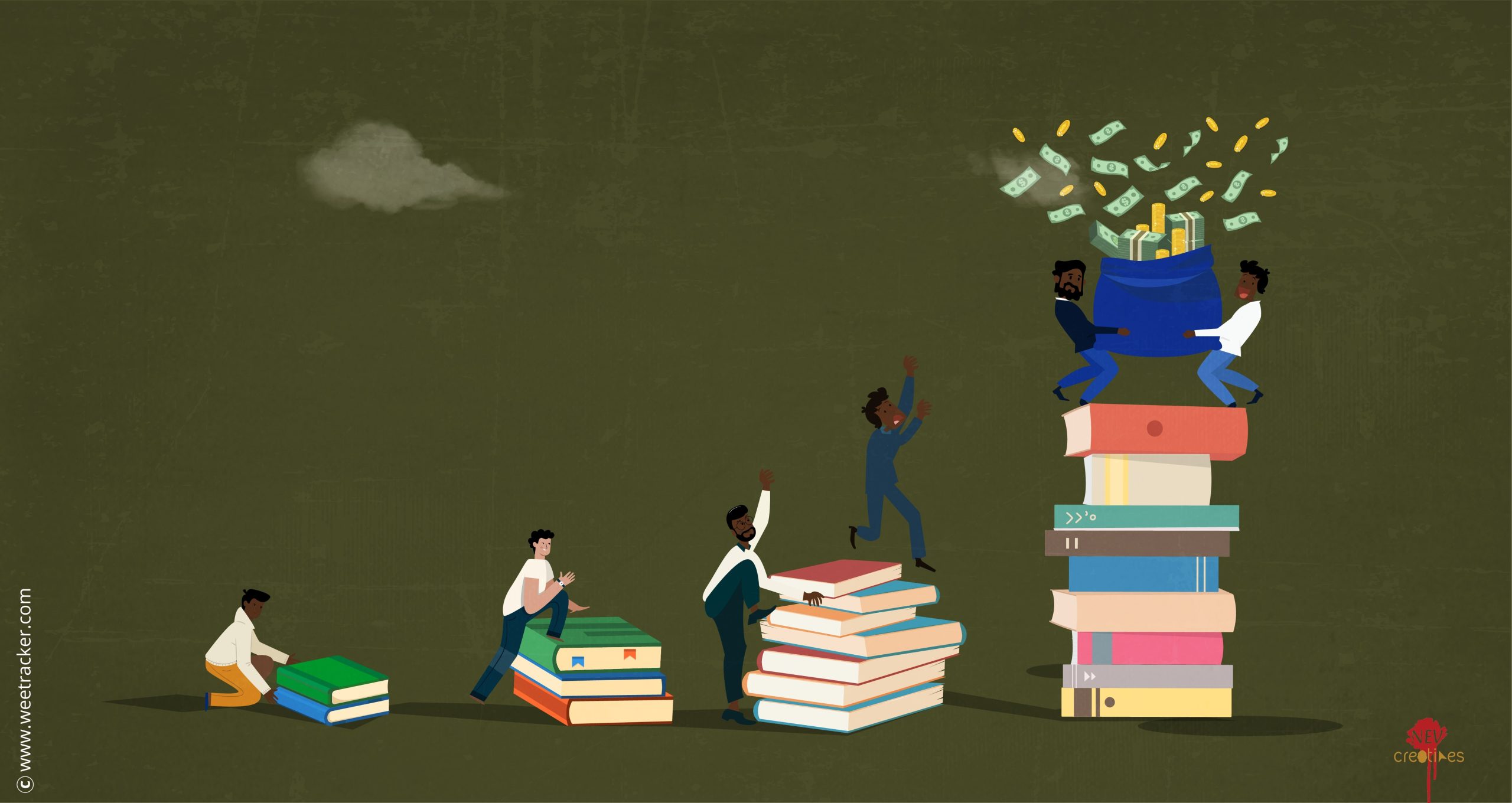

Taking funders to school
By
|
April 22, 2022
Most Read
Premium
The Full Basket: How Naivas CEO Andreas von Paleske Stocks Up For Success
The story of Naivas Supermarkets starts – rather surprisingly – with the opening
Premium
African Workers Feel Both Delight & Dread Using AI For Work & Fearing Being Replaced
“I think everyone uses AI tools,” Zainab Lawal, who builds AI tools at
Premium
Nigeria’s Top Telcos Struggle To Sell Mobile Money In Crowded Market
On Nigeria’s bustling streets, the signs of Nigeria’s fintech boom are everywhere. Small